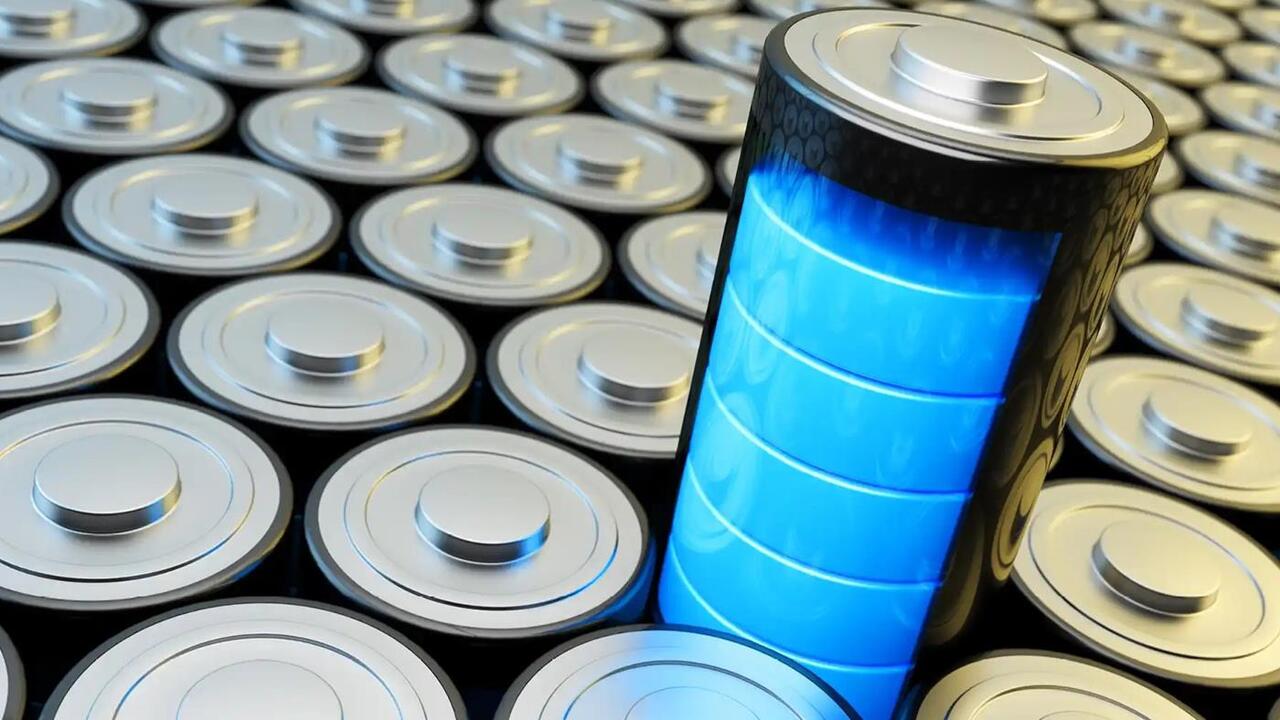Solid-state batteries have long been touted as a technology poised to revolutionize the electric vehicle world. Their advantages, such as high energy density, fast charging capacity, and thermal stability, were expected to replace traditional lithium-ion batteries with liquid electrolytes.
Solid-state battery technology will be delayed
However, recent developments suggest that this expectation may be realized sooner than expected. Wang Fang, Chief Scientist of the China Automotive Technology Research Center, made it clear that advancements in this field are not progressing as quickly as anticipated.

In his statement at the 2025 China Automotive Forum, Wang Fang stated that there are four major obstacles facing solid-state batteries: unclear ion conduction channels, complex manufacturing processes, inadequate safety controls, and large-scale production challenges.
From a scientific perspective, these challenges appear unlikely to be easily overcome in the short term. Solid-state technology is still limited to laboratory-based development, and its performance under mass production conditions remains unclear.
Safety also remains a key driver of technology pressure. Wang emphasized that solid-state batteries have broad safety margins, but the consequences of exceeding these limits can be far more severe than those of liquid batteries.
The recent public concern over electric vehicle fires is driving manufacturers to implement more rigorous safety testing. New protocols developed beyond legal limits are driving the need to support battery safety not only with promises but also with technical verification.
Many systems claimed to be safe in laboratories have not yet been tested in vehicles. While companies like SAIC and Gotion High-Tech have made positive pronouncements, field conditions are known to differ from laboratory environments. The safety of these systems, which have not yet been proven for mass-production vehicles, in the real world remains unknown.
Cost is a key obstacle. According to data from consulting firm Battery Intelligence, the unit cost of solid-state batteries is $167 per kilowatt-hour, more than three times the cost of traditional liquid lithium batteries.
This difference significantly increases production costs and, consequently, vehicle prices. Taking into account R&D expenses, this technology is expected to initially find its place in luxury and limited-edition models, rather than mass-market models.
Even the most optimistic forecasts suggest it could take up to five years for solid-state batteries to become widespread. In the meantime, the direction the electric vehicle industry will evolve and how this technology will fare against the competition remains uncertain.














